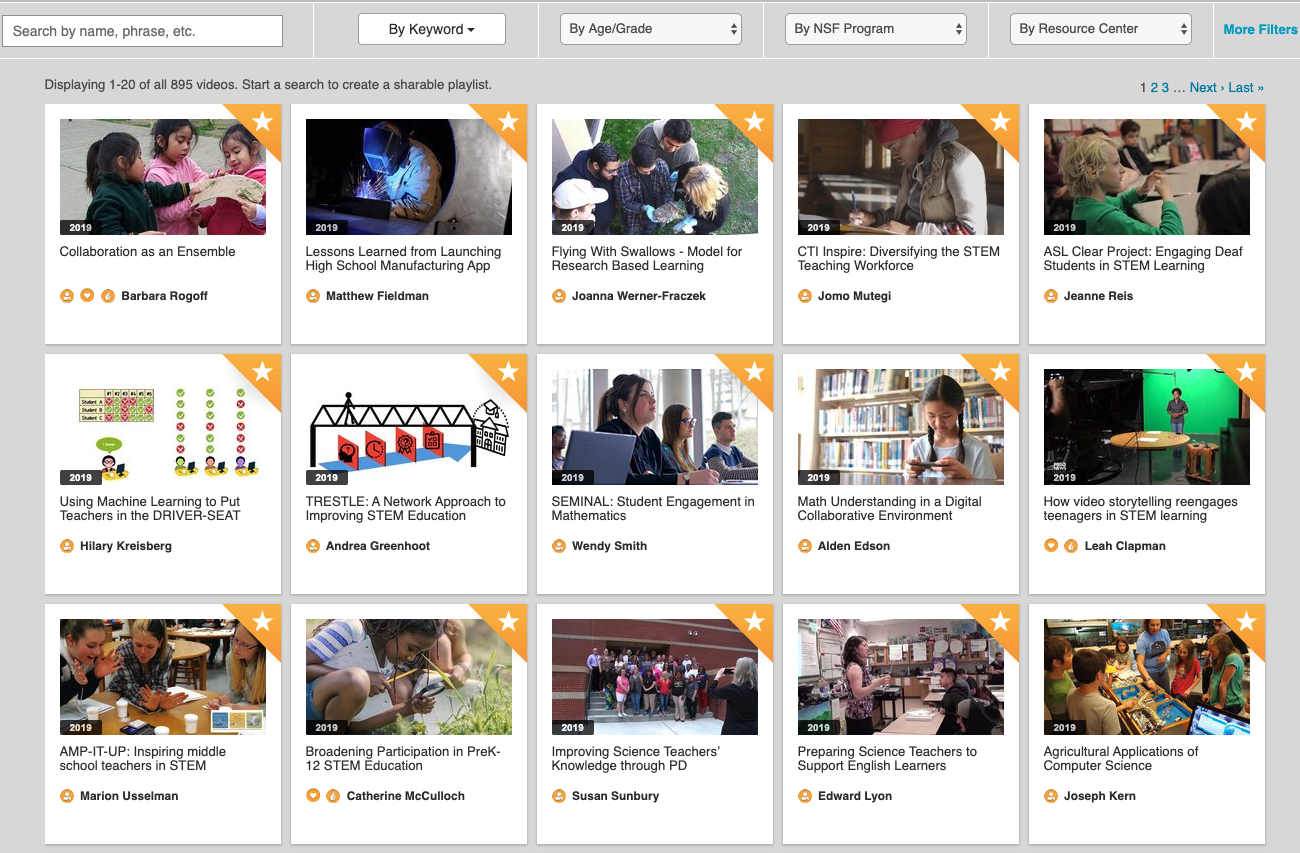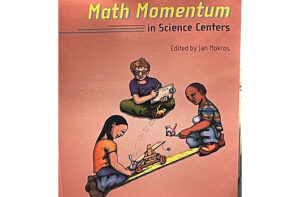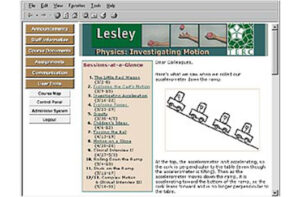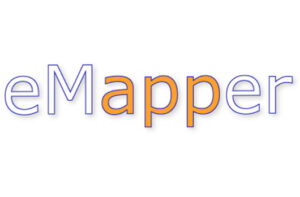Broadening participation in STEM through equity-minded high-impact practices: a multimodal systematic review
Jillian Ives, Joni Falk, Brian Drayton
Ives, J., Falk, J. & Drayton, B. Broadening participation in STEM through equity-minded high-impact practices: a multimodal systematic review. High Educ (2023). https://doi.org/10.1007/s10734-023-01165-y
Abstract
High-impact practices (HIPs), such as undergraduate research, first-year seminars, and learning communities, have been shown to generally advance college student success. However, there are often disparities in access, participation, and outcomes between white and racially/ethnically minoritized students. While scholars have critiqued HIPs and provided alternative approaches to better serve minoritized students, we know little about how federally funded programs aiming to broaden participation can serve as a mechanism advance equity. Drawing on the literature, we developed an equity-minded HIP framework to critically examine the prominence and characteristics of 38 programs aiming to broaden participation in undergraduate US STEM education funded by the National Science Foundation. We conducted a systematic examination of multimodal data from the STEM for All Multiplex repository. Findings reveal most programs included only one to two HIPs, with undergraduate research being most prominent followed by internships. Most programs included only a few elements of equity-minded design, such as providing students additional resources and faculty training, and implemented HIPs to include peer and faculty interactions. Last, most programs utilized cognitive, psychosocial, or sociocultural measures to assess the benefits to students. Only a few measured equity-mined outcomes pertaining to institutional change such as policies, resources, and practices. We highlight two exemplar programs and offer recommendations for researchers and funders to more effectively implement equity-minded HIPs to broaden participation in undergraduate STEM education.

Related People:
Jillian Ives, Joni Falk, and Brian Drayton












